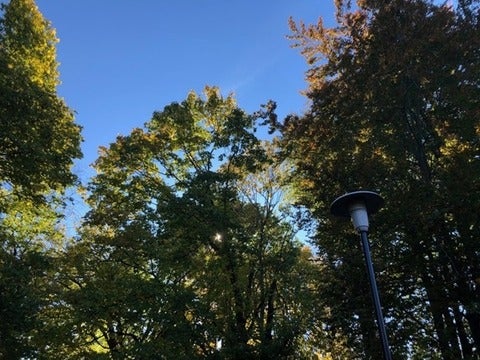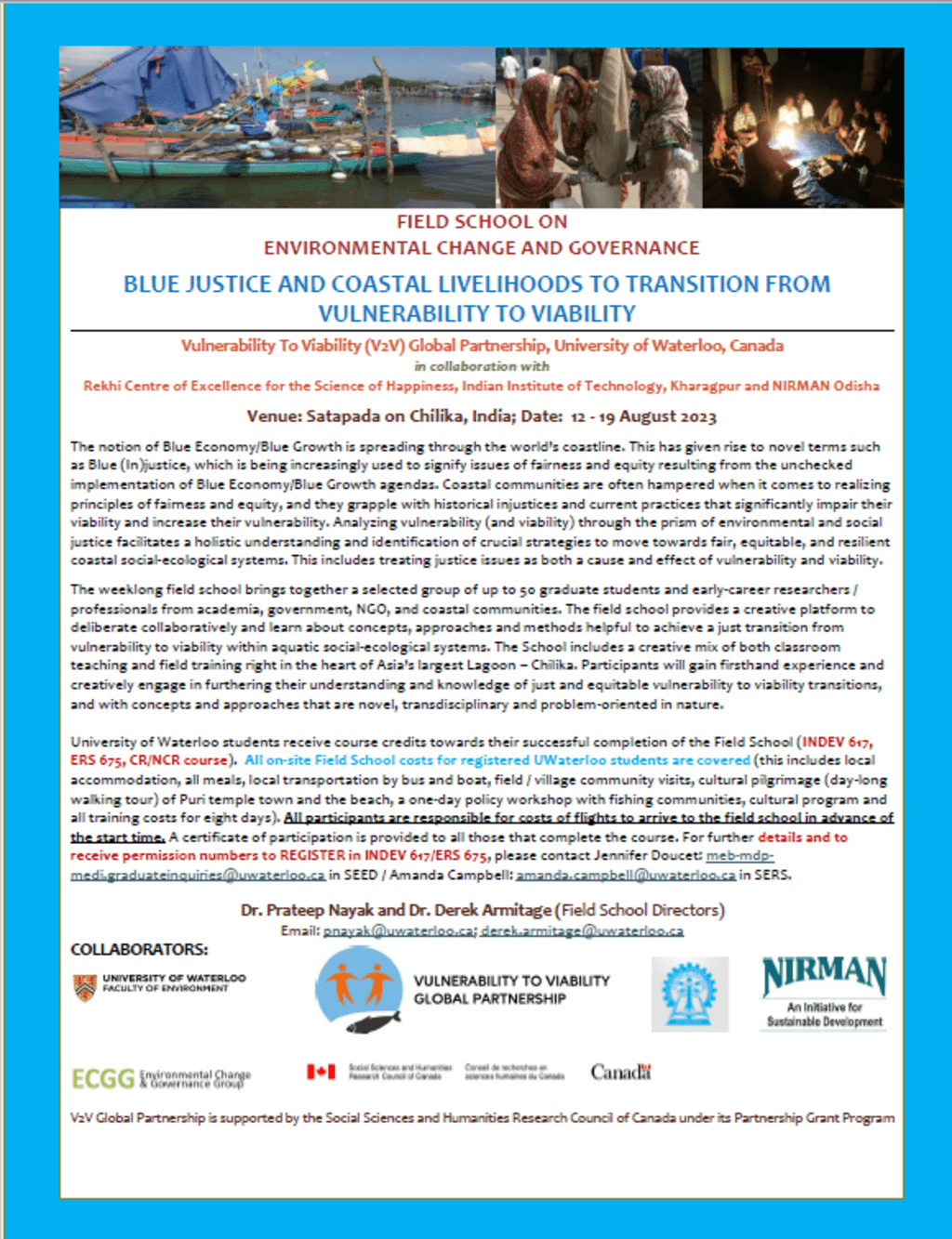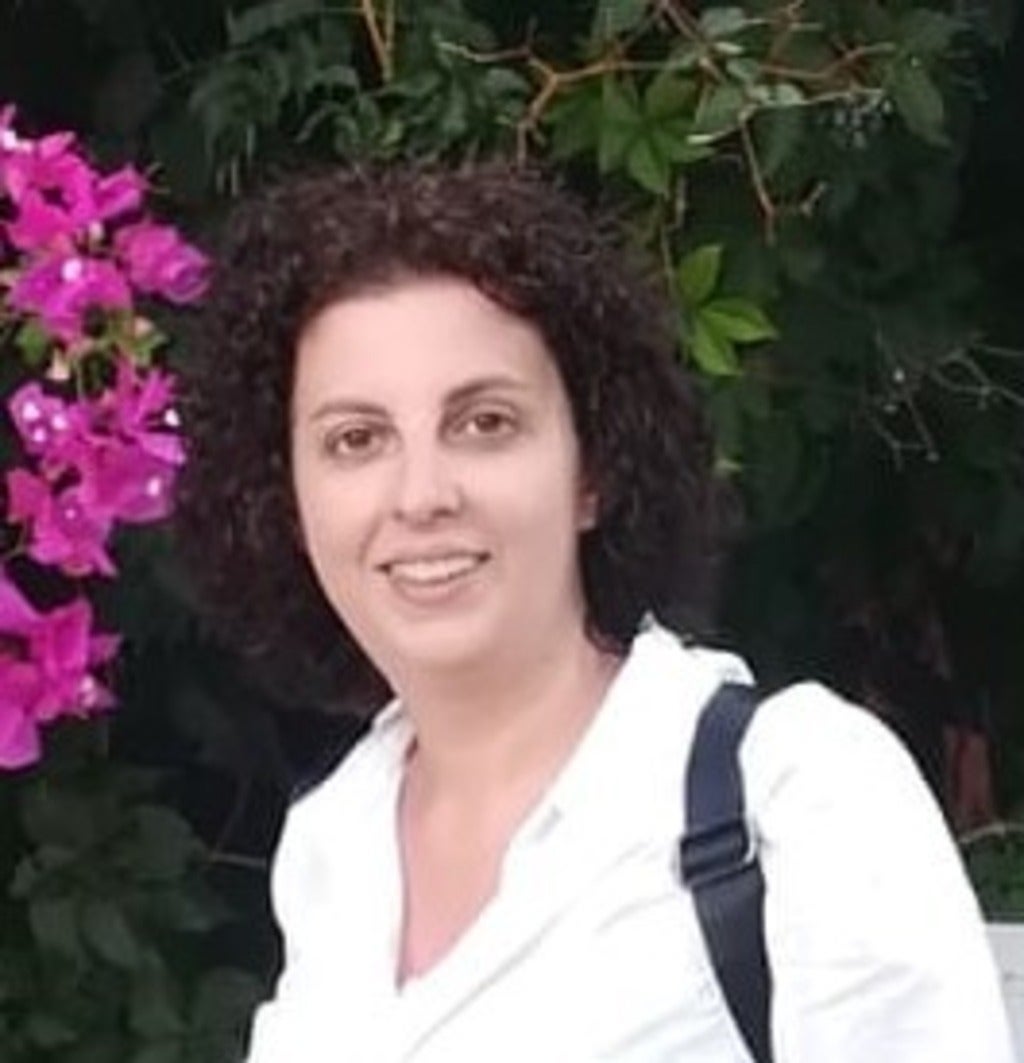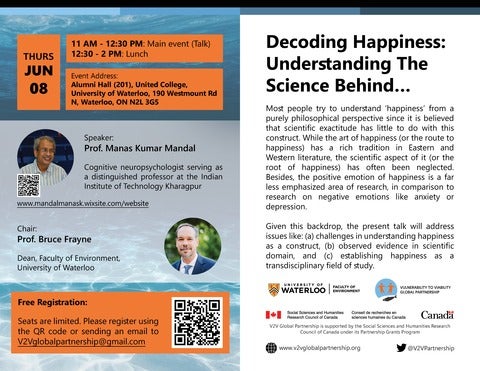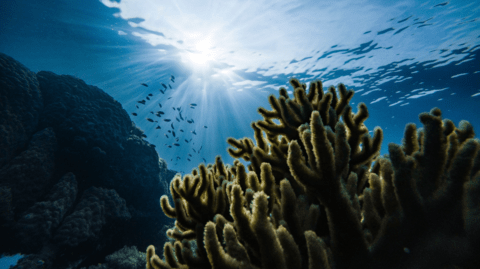A Student's Experience in UW Housing: United College
As a first-year Environment and Business student, I wanted to live on campus and meet other people. I chose United College, formerly St. Paul’s, because of the proximity of the residence to my classes, the tight-knit environment, and the Faculty of Environment Living Learning Community (ENV LLC).
As a member of the ENV LLC, we were given a peer mentor to help us through any first-year problems, share tips, support us, and more. We also had special events like a plant social, essay writing workshops, resume building, and information on upper-year housing, among others. I was able to meet other students in the Faculty of Environment. More information on the ENV LLC can be found on United’s website at Living Learning Communities at United | United College.
The majority of the students on my floor were from the Faculty of Environment, but some were from other faculties. It was nice to meet lots of different people and further my social circle. I enjoyed being able to learn more about other programs and see different points of views. It was also always interesting to see the difference between the ideas generated from someone from the Faculty of Environment versus someone from the Faculty of Math or Science.
We were also given a “Don”, which is an upper year student that lives on the same floor and is your mentor, plans events, and checks-in with you. Our Don planned a movie night, a game of manhunt, trips to a Thanksgiving farm, and more. These fit in perfectly with the other events already planned by United or faculty exclusive events like ones for the ENV LLC. They had more movie nights with free snacks, a band, fireside chats, swimming at the PAC, and so many others.
Amidst the global pandemic, United, ENV LLC, and the upper-years who ran events, worked really hard to make sure we had a wonderful first year. They were even able to have a modified Welcome Week with a scavenger hunt and other activities to encourage you to bond with your floor mates. WUSA (Waterloo University Student Association) also hosted events for first-years such as a silent disco, chopstick handling competition, free ice cream, and more.
As luck would have it I was placed in a double room with an ensuite washroom. United offers a single room, a single room with an ensuite, a double room, and the version I was placed in. I was considering both types of double rooms because I wanted to have a roommate. The regular double room came with a layout that has the beds on one side, a dividing wall with storage, and then the desks on the other. I found it really interesting but ultimately I chose having a semi-private bathroom instead. More details can be found at Live at United | United College.
United College was a great start to my career at the University of Waterloo. I made many lasting relationships and this set the stage for my continuing time at university.
Submitted by Alison Zangrilli, 3A Environment and Business
